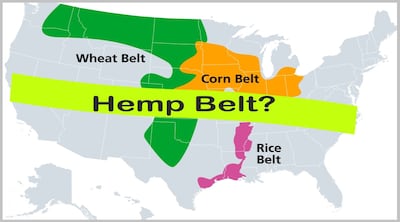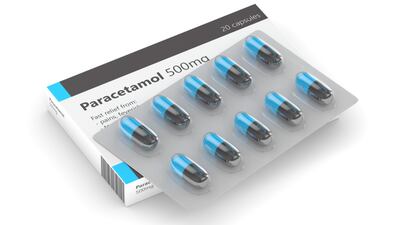The US Food and Drug Administration’s latest report to Congress on opening a regulatory pathway for using cannabidiols in products other than drugs makes clear that an additional $5m to support the work that House appropriators propose for the agency’s fiscal 2021 budget is needed.

New Report, Same Theme On US FDA's Policy On Cannabidiols: ‘Extensive Data Gaps’ On Safety
FDA’s second report to Congress on oversight of CBD market includes results from studies of whether products are mislabeled or adulterated, but also indicates throughout that more data are needed on safety of hemp-derived CBD ingredients used in myriad consumer health, cosmetic and food products already available.

More from Cannabis/CBD
Provision in Wyden and Merkley’s “Cannabinoid Safety and Regulation Act” referencing FDA authority outside hemp-derived ingredients could provide agency with needed authority to force from the market products labeled as supplements but containing drugs or eliminate the use of many safe ingredients in supplements.
Democrats Wyden and Merkley author Cannabinoid Safety and Regulation Act to limit sales to consumers 21 and older and authorize FDA to order recalls and impose bans on cannabis products with dangerous chemicals or additives. It also would establish regulatory structure for using cannabinoids found naturally in hemp and allowing “semi-synthetic” ingredients while prohibiting artificial or fully synthetic cannabinoids.
Philip Morris described a scenario of being essentially blacklisted by the health care sector and its CDMO partners as it threw in the towel on its £1.1bn acquisition of UK inhalation specialist Vectura. It agreed to offload the firm at a fraction of the initial cost.
Report from European Commission's Alert and Cooperation Network finds EU consumers are being deceived by companies marketing supplements making unauthorized health claims and containing unapproved ingredients.
More from Ingredients & Safety
EMA's PRAC clarifies risk of high anion gap metabolic acidosis (HAGMA) in users of OTC paracetamol with new package leaflet and SmPC warnings.
European Food Safety Authority finds no link between creatine supplementation and improved cognitive function.
Although FDA concluded OTC oral phenylephrine is ineffective as a nasal decongestant in doses up to highest studied level, federal preemption precludes challenges to agency’s regulation of labeling for phenylephrine and other Rx and OTC drugs, according to recent decision in New York federal court.






